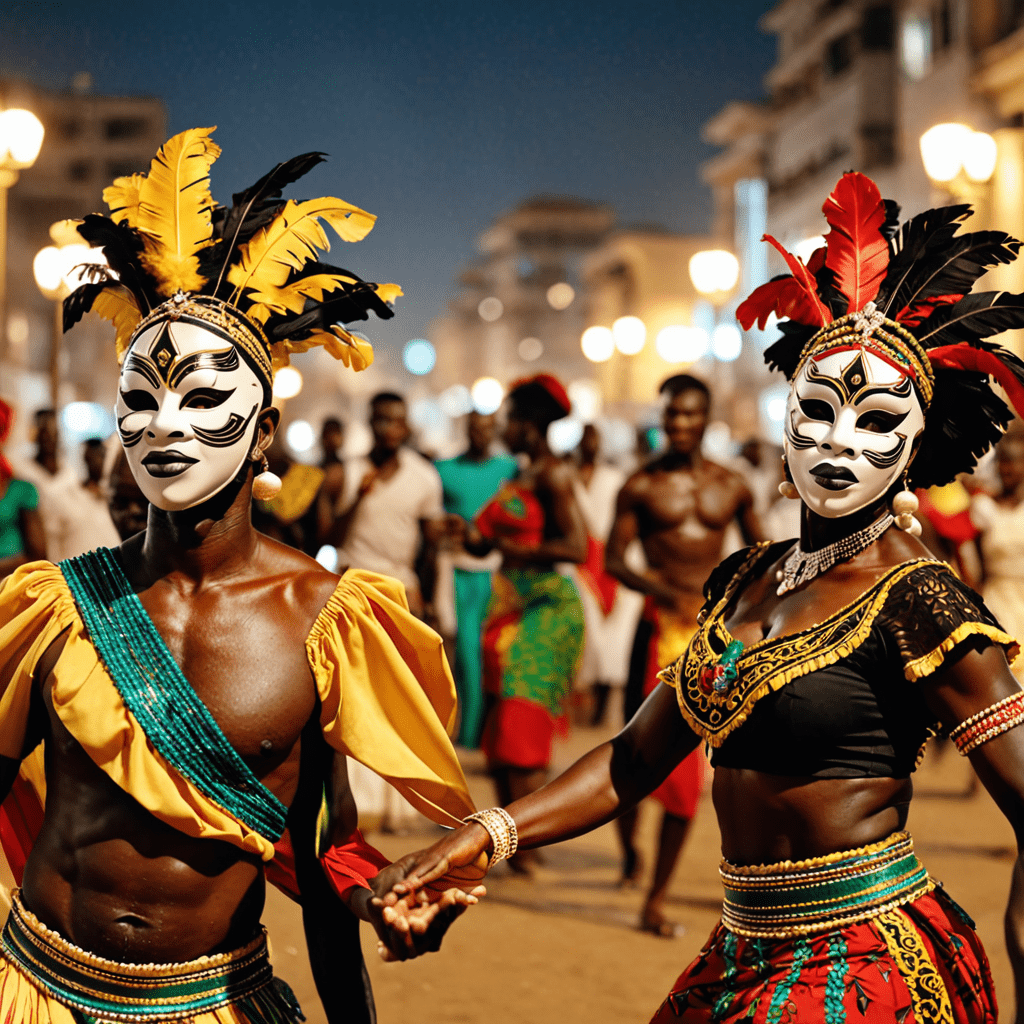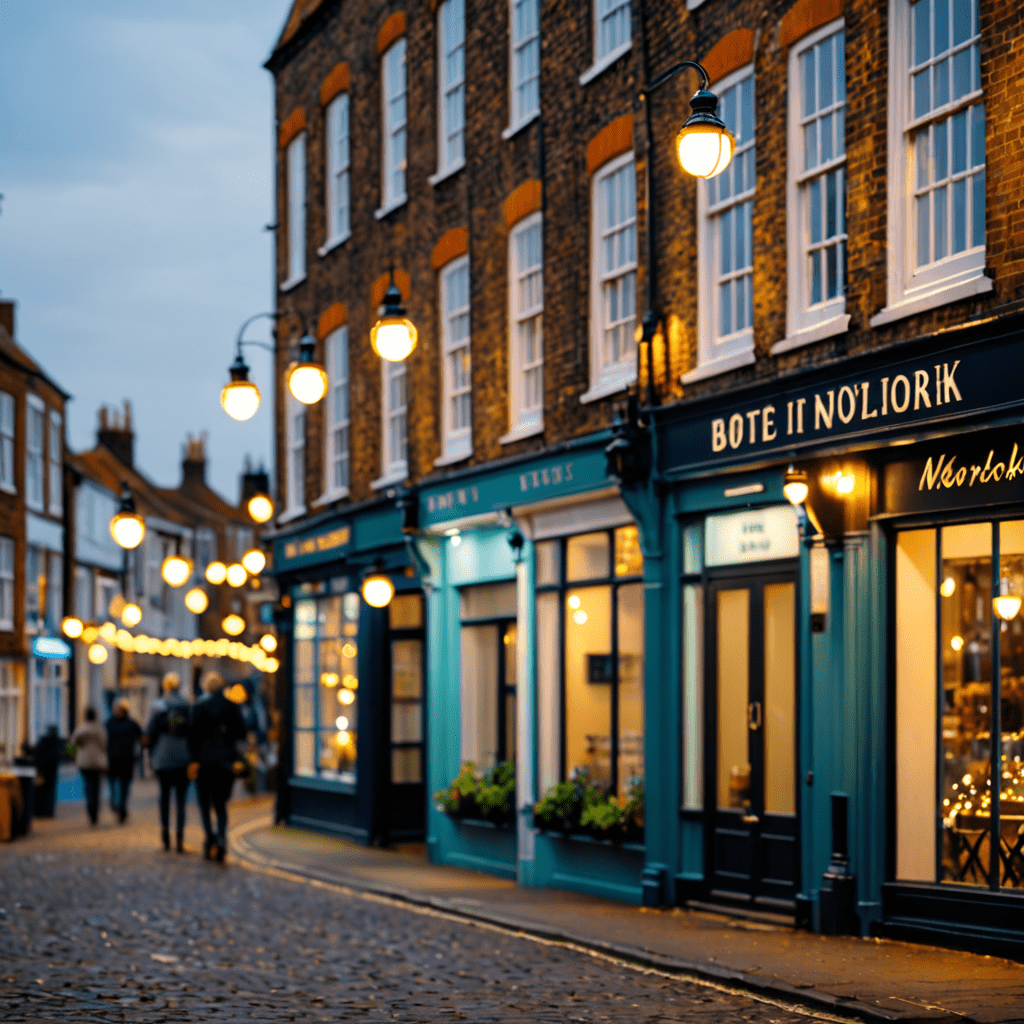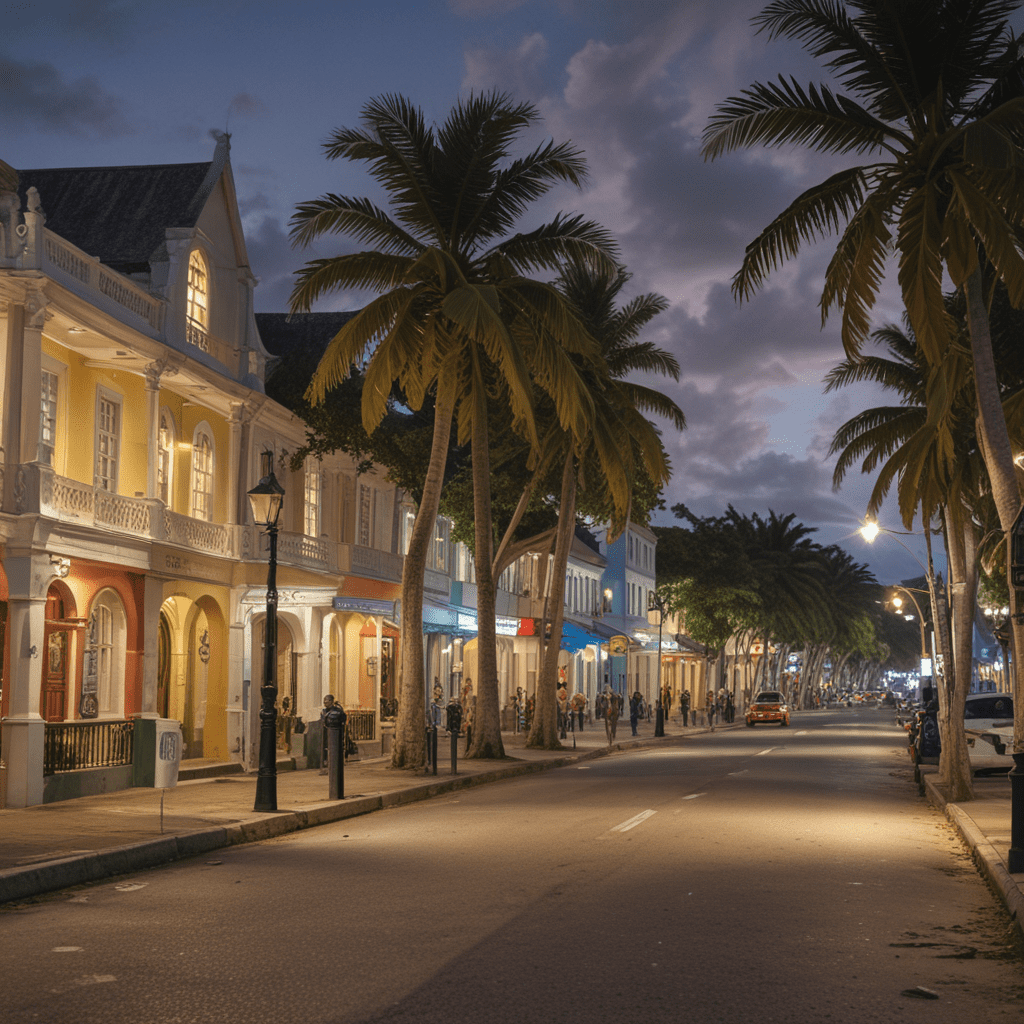
Exploring the Rich Cultural Heritage of Angola’s Traditional Masked Dances
Angola, a country in Southern Africa, is known for its vibrant culture and diverse traditions. One of the most captivating aspects of Angolan culture is its traditional masked dances, which hold deep historical and spiritual significance. Let’s delve into the fascinating world of Angola’s traditional masked dances.
The Origins of Masked Dances in Angola
Masked dances have been a part of Angolan culture for centuries, with each mask representing different spirits, ancestors, or animals. These dances are often performed during various ceremonies, rituals, and celebrations, blending music, dance, and storytelling into a mesmerizing cultural experience.
Types of Traditional Masks in Angolan Dances
Angola boasts a diverse array of traditional masks, each with its own unique designs and meanings. From the striking Chokwe masks to the intricate Lunda masks, each mask tells a story and symbolizes a specific aspect of Angolan heritage.
The Ritualistic Significance of Masked Dances
Masked dances in Angola serve not only as entertainment but also as a way to connect with the spiritual world. Through elaborate movements and chants, performers invoke ancestral spirits, seek blessings, and ward off evil energies, creating a powerful and immersive experience for both participants and spectators.
Cultural Preservation and Contemporary Relevance
Despite modernization and changing times, Angola’s traditional masked dances continue to be preserved and celebrated. Many communities and cultural groups actively work to pass down these age-old traditions to younger generations, ensuring that the rich heritage of Angolan dance lives on.
Experiencing Angola’s Masked Dances
Travelers visiting Angola have the opportunity to witness these captivating masked dances during cultural festivals, community events, and special performances. Immersing oneself in the rhythmic beats, colorful costumes, and symbolic storytelling of Angolan dance is an enriching experience that offers a glimpse into the soul of this vibrant nation.
Appreciating the Artistry and Cultural Depth
As we celebrate the artistic beauty and cultural depth of Angola’s traditional masked dances, we recognize the importance of preserving and honoring these age-old traditions. Through dance, music, and storytelling, Angola’s heritage comes alive, inviting us to appreciate the resilience and creativity of its people.
In Conclusion
Angola’s traditional masked dances stand as a testament to the country’s rich cultural tapestry and deep-rooted traditions. By embracing and sharing these dances, we not only honor the past but also ensure that Angola’s vibrant heritage continues to thrive for generations to come.
FAQ about Angola’s Traditional Masked Dances
What are Angola’s traditional masked dances?
Angola’s traditional masked dances are cultural performances where dancers don intricately designed masks and costumes to portray ancestral spirits, animals, or mythical figures. These dances hold significant cultural and spiritual importance in Angolan communities.
What is the significance of Angola’s traditional masked dances?
Angola’s traditional masked dances serve as a way to connect with ancestral spirits, pass down oral histories, and celebrate important events such as harvests or initiations. These performances also play a role in healing rituals and fostering community cohesion.
How are Angola’s traditional masked dances performed?
Angola’s traditional masked dances involve rhythmic music, singing, and intricate choreography. Dancers use symbolic movements to tell stories and convey emotions, often accompanied by a drumbeat that drives the energetic performances. The masks themselves are meticulously crafted and hold symbolic meaning.
Where can one experience Angola’s traditional masked dances?
Angola’s traditional masked dances can be witnessed during cultural festivals, ceremonies, and special occasions in various regions of the country. Visitors can engage with local communities or attend specific events to witness these vibrant and captivating performances firsthand.


